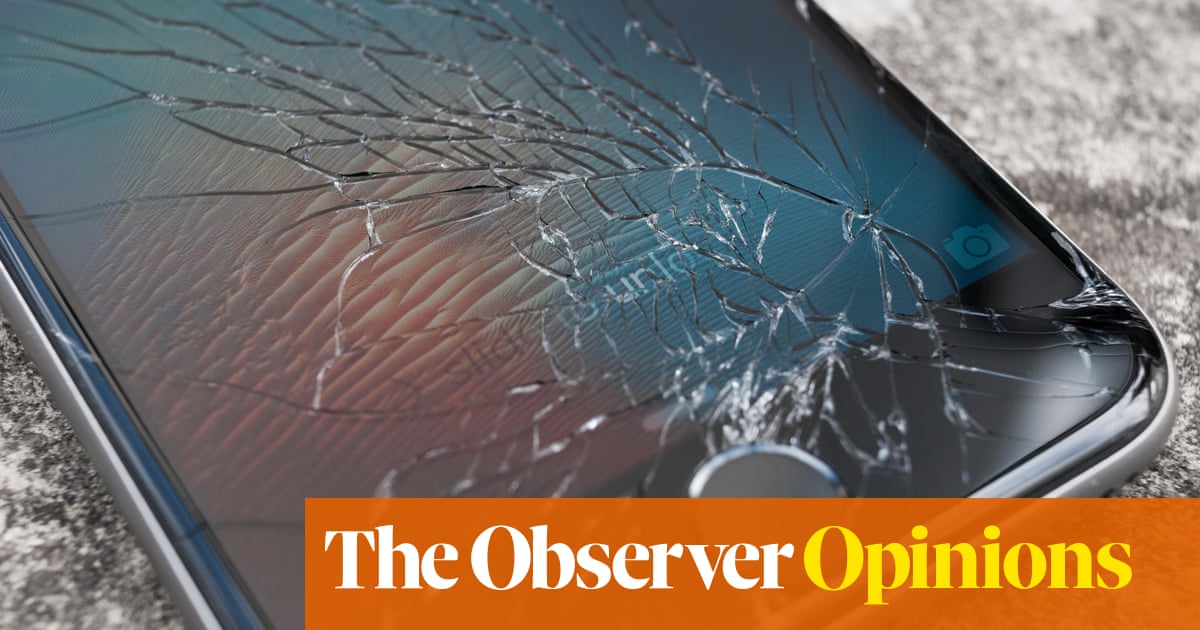
My progress has been agonizingly slow, but I believe I’m finally winning the battle against my phone addiction. A few years ago, a three-minute toilet break without my phone sent me into a panic. The experience sparked a war against my dependence, a war marked by slow, incremental gains. That is, until a few months ago, when I decided to go nuclear. Inspired by reports that highly successful individuals use basic phones or abstain altogether, I took the drastic step of disconnecting from the internet. The world I discovered was, to say the least, eye-opening.
My strategy was simple: I disabled mobile data, retaining Wi-Fi access for calls and messaging. However, I purged all apps that former YouTube designer John Zeratsky terms “infinity pools”—apps designed to deliver a constant stream of content. This included social media, email, and even Google search. My friends were aghast. “You can’t look things up?” they gasped. My phone itself seemed incredulous, prompting me with an unprecedented “Are you sure?” The act of disconnecting felt strangely like death, akin to waking a sleepwalker.
The ensuing weeks were relentlessly frustrating. Navigating my new job, which required unique access codes for each entry, became a logistical nightmare. I scrawled down codes from emails, frantically searching for scraps of paper at reception. I struggled to communicate effectively with colleagues via Slack or Miro (tools whose functions remained a mystery to me), missed vital emails, and inadvertently hampered the work of others. Simple tasks like checking bus schedules became insurmountable obstacles. I was perpetually lost and my personal life suffered. Sharing links with friends became an exercise in awkward frustration, and viewing Instagram stories on my laptop felt strangely perverse.
Even my sleep suffered. Having banished my phone from the bedroom, I found it difficult to fall asleep without the soothing sounds of podcasts. My replacement alarm clock, a freebie from a razor purchase, proved pathetically unreliable, resulting in one memorable occasion where I awoke at 2:41 pm. A particularly low point came when I attempted to treat a depressed friend to cocktails; the QR code-only menu meant my friend had to pay. Another involved a tearful encounter at a bookshop where a four-digit code was needed to collect my order. The absurdity of this modern-day dystopia wasn’t lost on me.
My romantic worldview, emphasizing spontaneity and soulful experiences, clashes sharply with my growing suspicion of technology. I see AI as an ominous harbinger of our extinction and social media as a form of self-hypnosis. The ubiquitous phone, glued to our hands, strikes me as the root of countless modern problems.
However, I acknowledge the absurdity of equating technology with evil. I enjoy my sofa, toaster, dryer, novels, and hearing aids. My struggle wasn’t with technology itself but with the bureaucratic hurdles that arise when we become overly reliant on it. My initial reaction, viewing my phone as inherently addictive, only served to amplify its power.
Sara Pascoe’s insight—that we quit social media not when we understand its inherent evil, but when we become bored—proved to be crucial. My drastic “dumbphone” experiment, while an overcorrection, broke the cycle of habituation. Reintroducing apps and the internet, I found myself more discerning, able to recognize and resist the insidious attention-grabbing tactics of my phone. The once captivating notifications now seemed mundane, even needy.
My relationship with my phone is no longer a war, but a carefully managed boundary dispute. The key to reducing phone usage isn’t willpower, but cultivating boredom with its content and rediscovering the joys of the real world. Instead of resolutions, I’m focusing on an inventory of passions—baths, cooking, connecting with nature, artistic pursuits—and scheduling these analog activities into my week. My phone now serves as a tool to facilitate these genuine connections and experiences, a tiny daily romance. It’s what Amélie would do.
